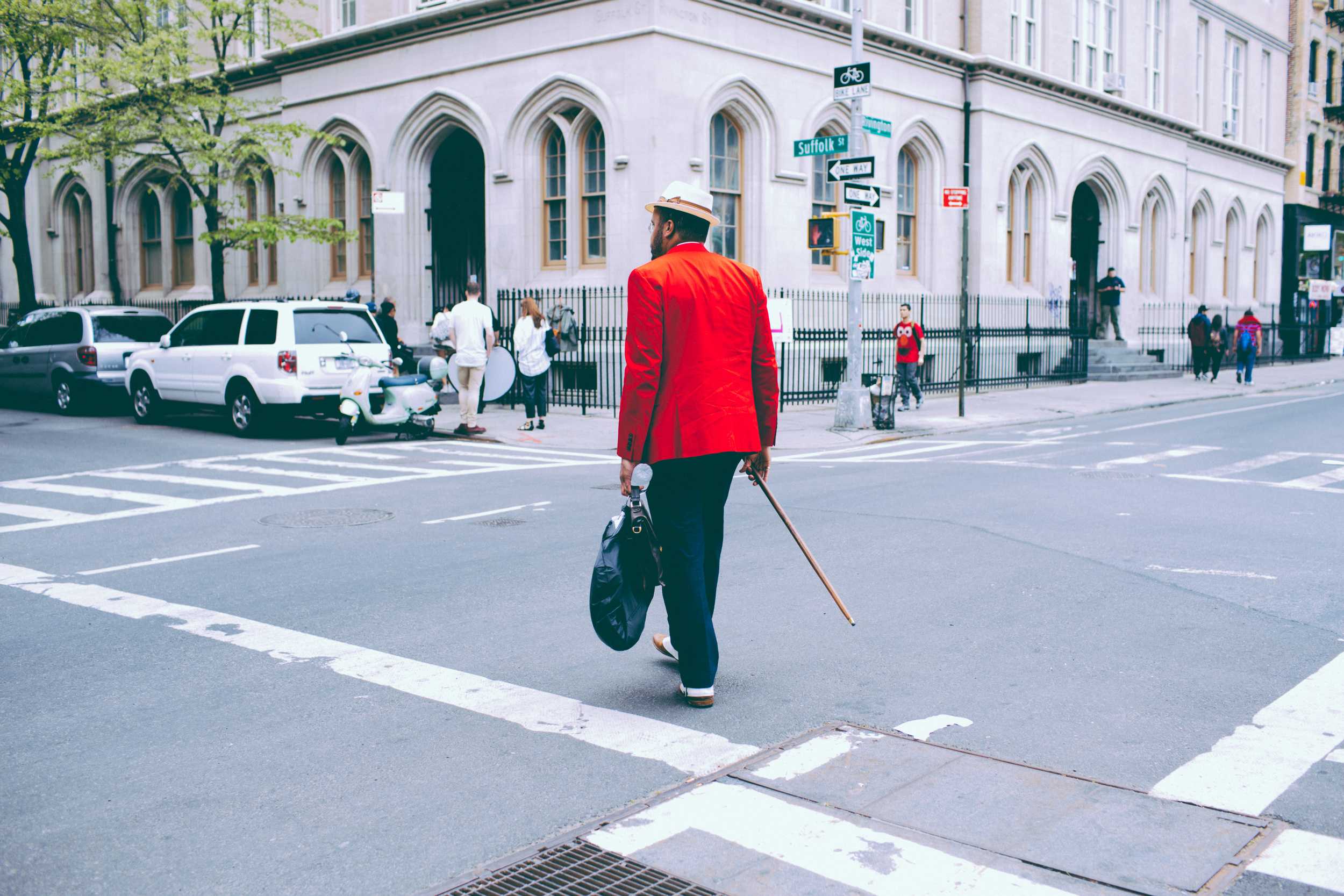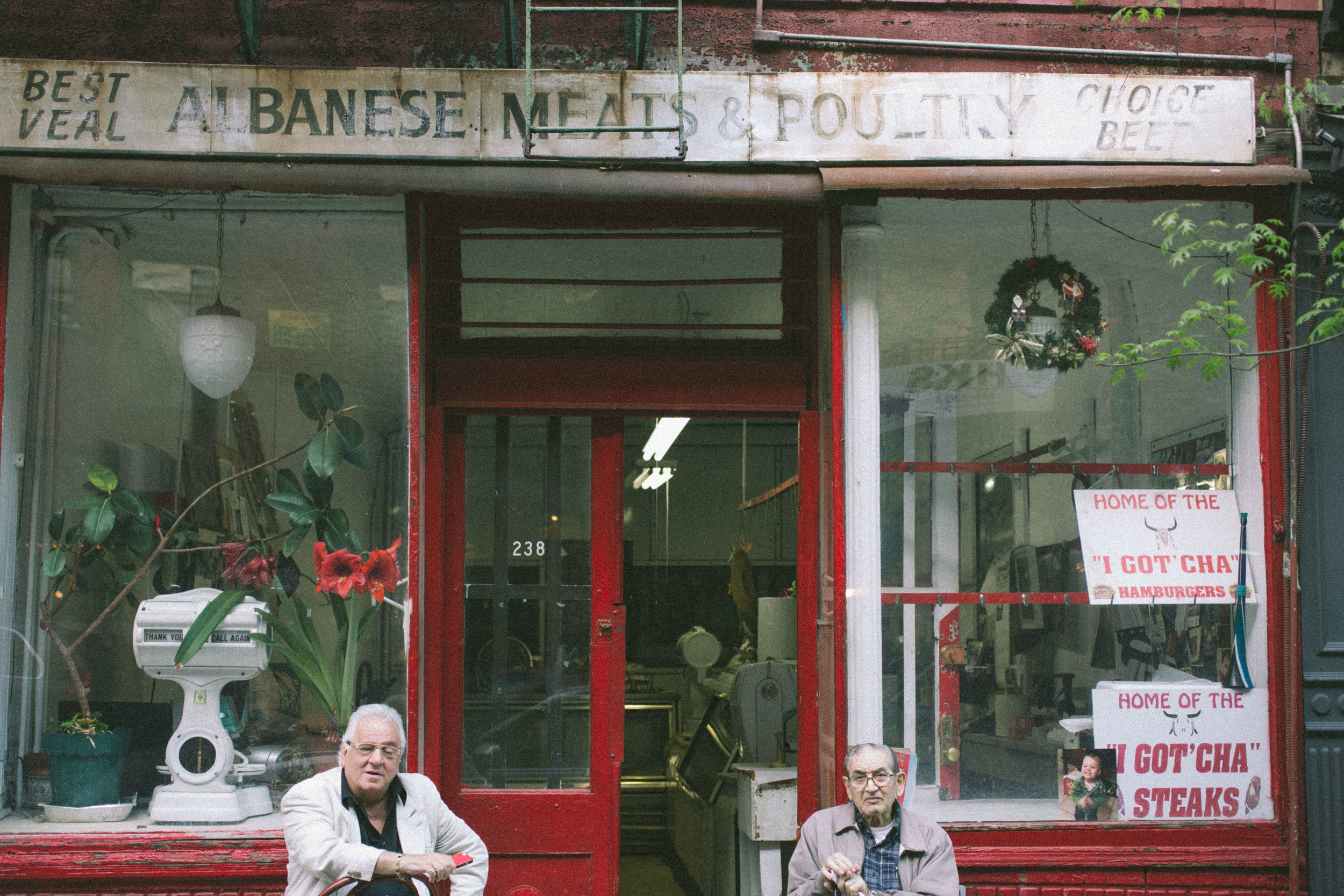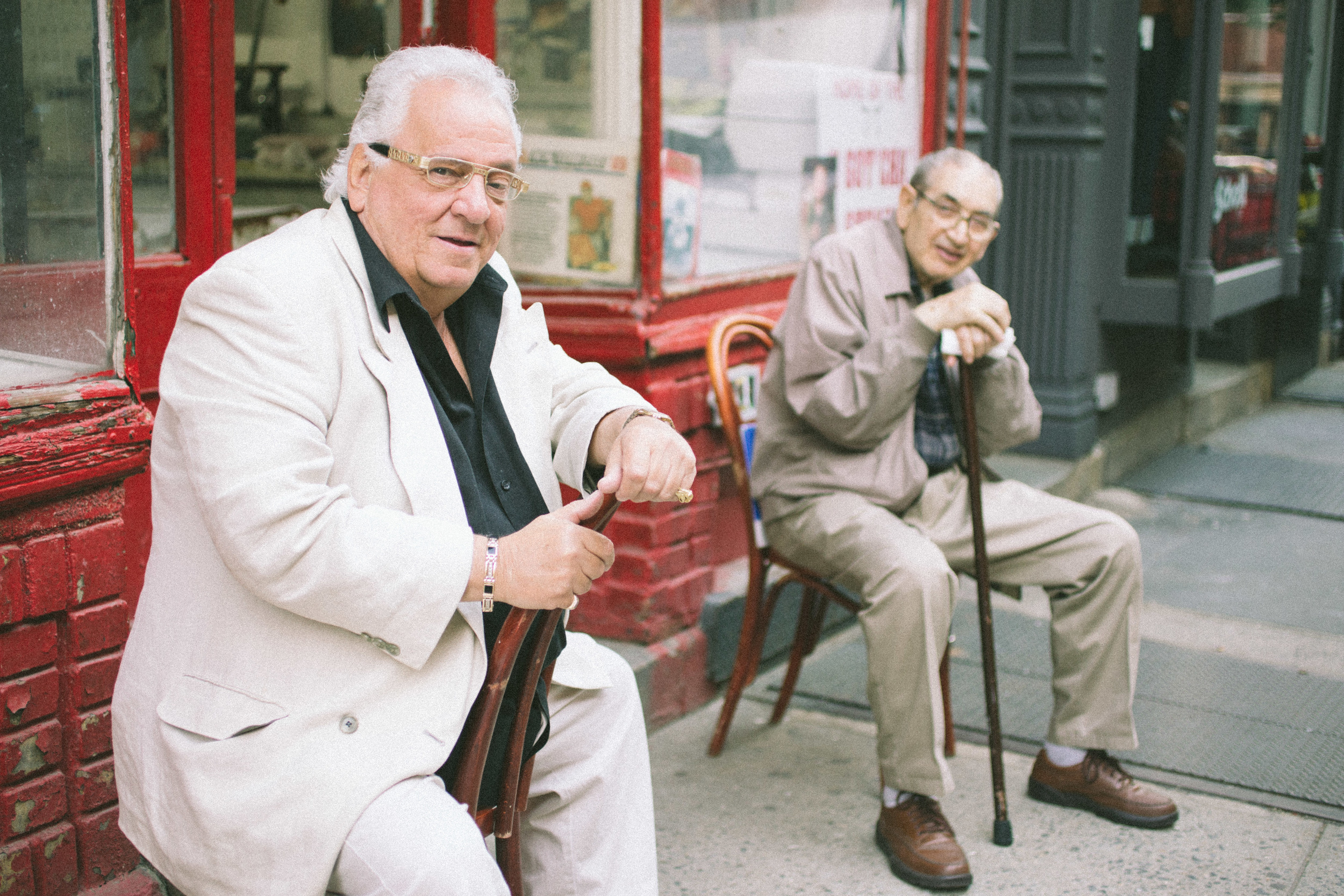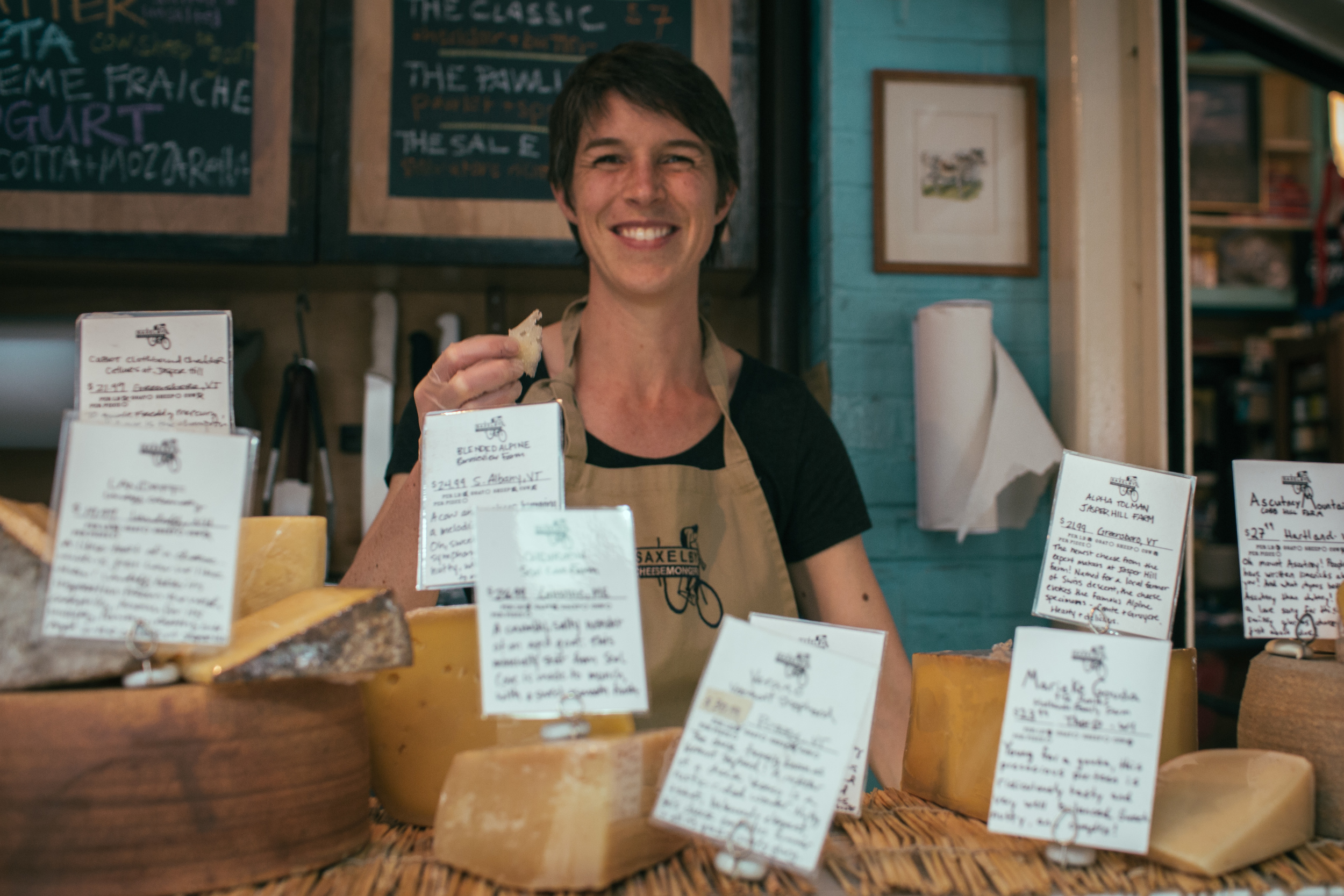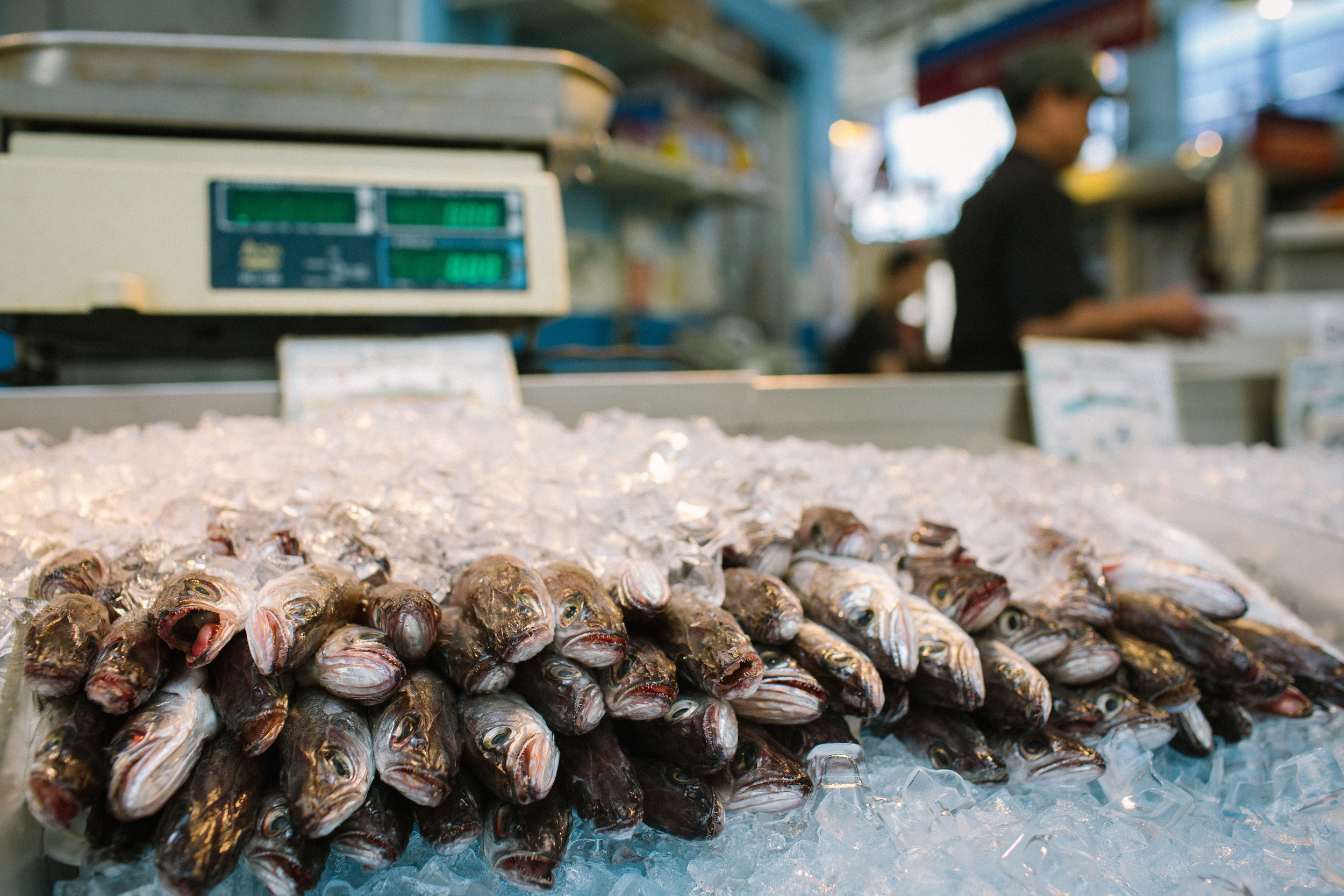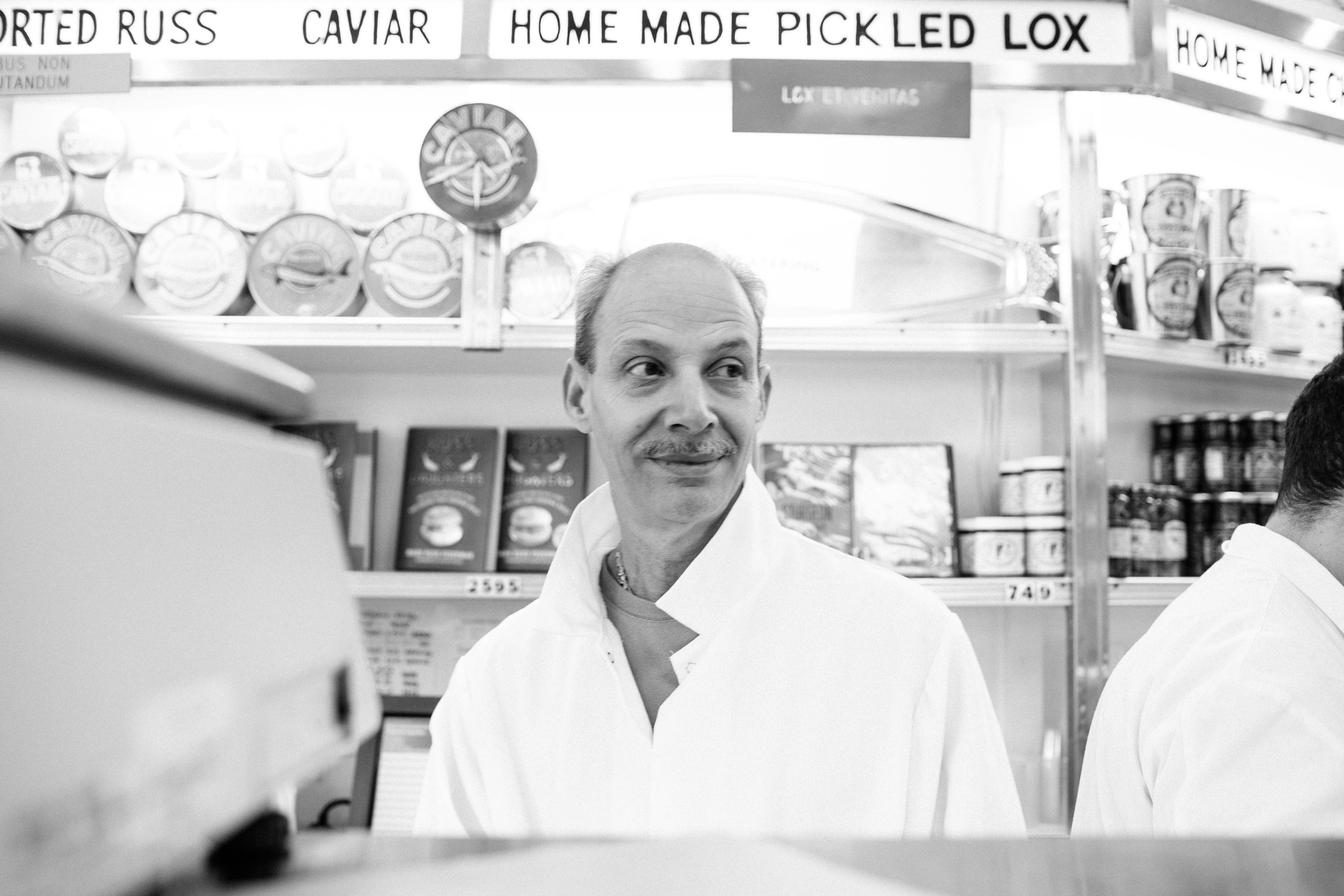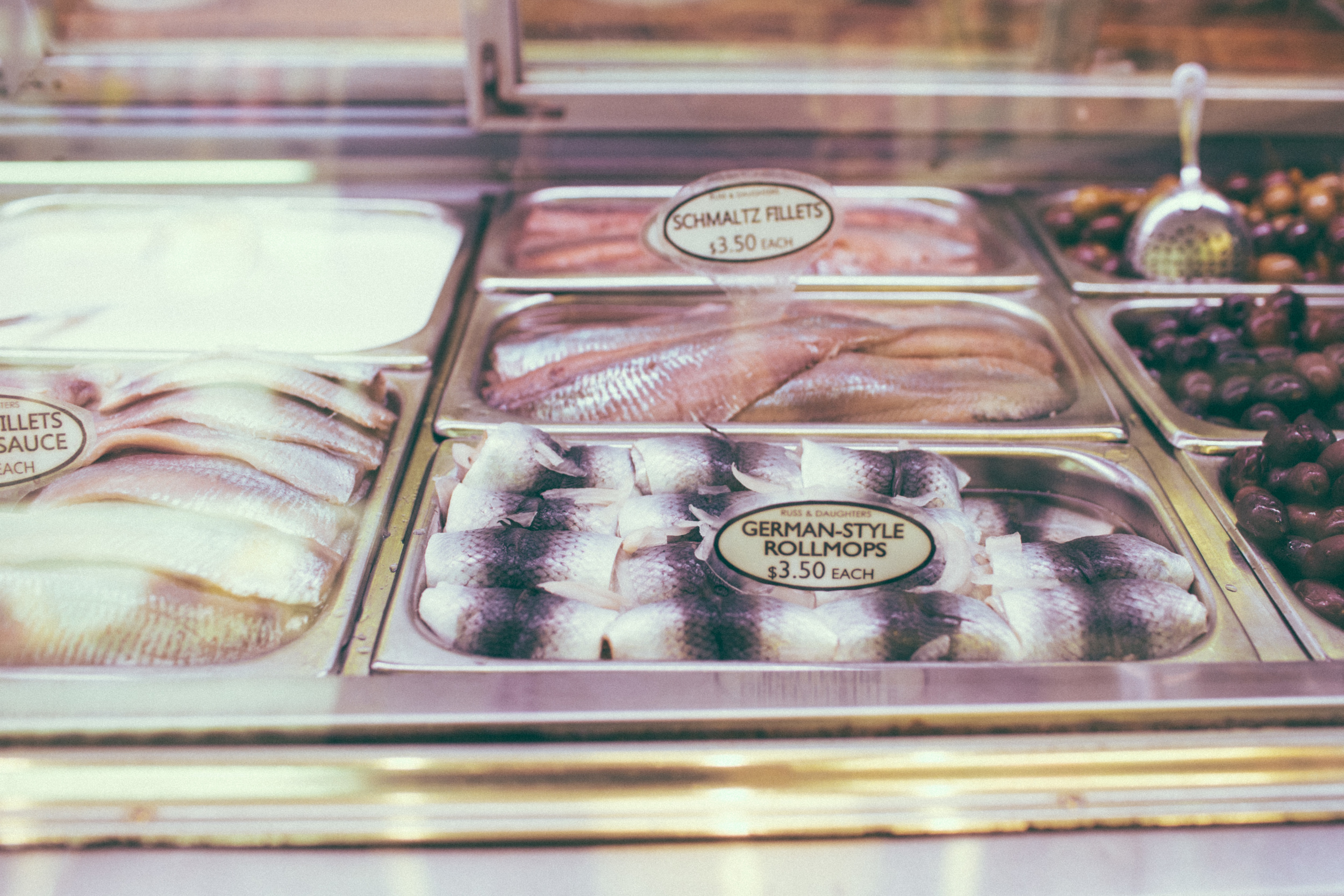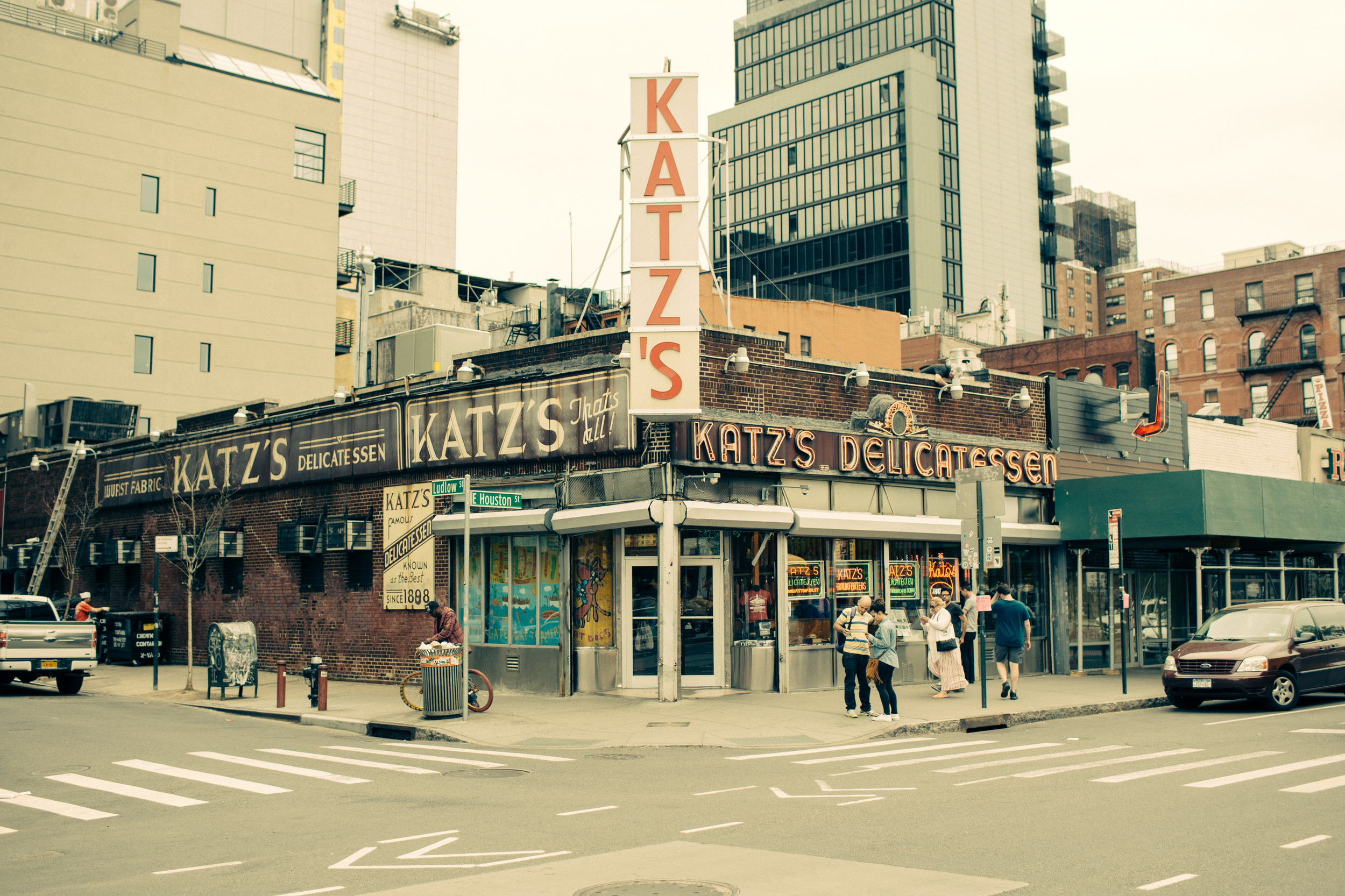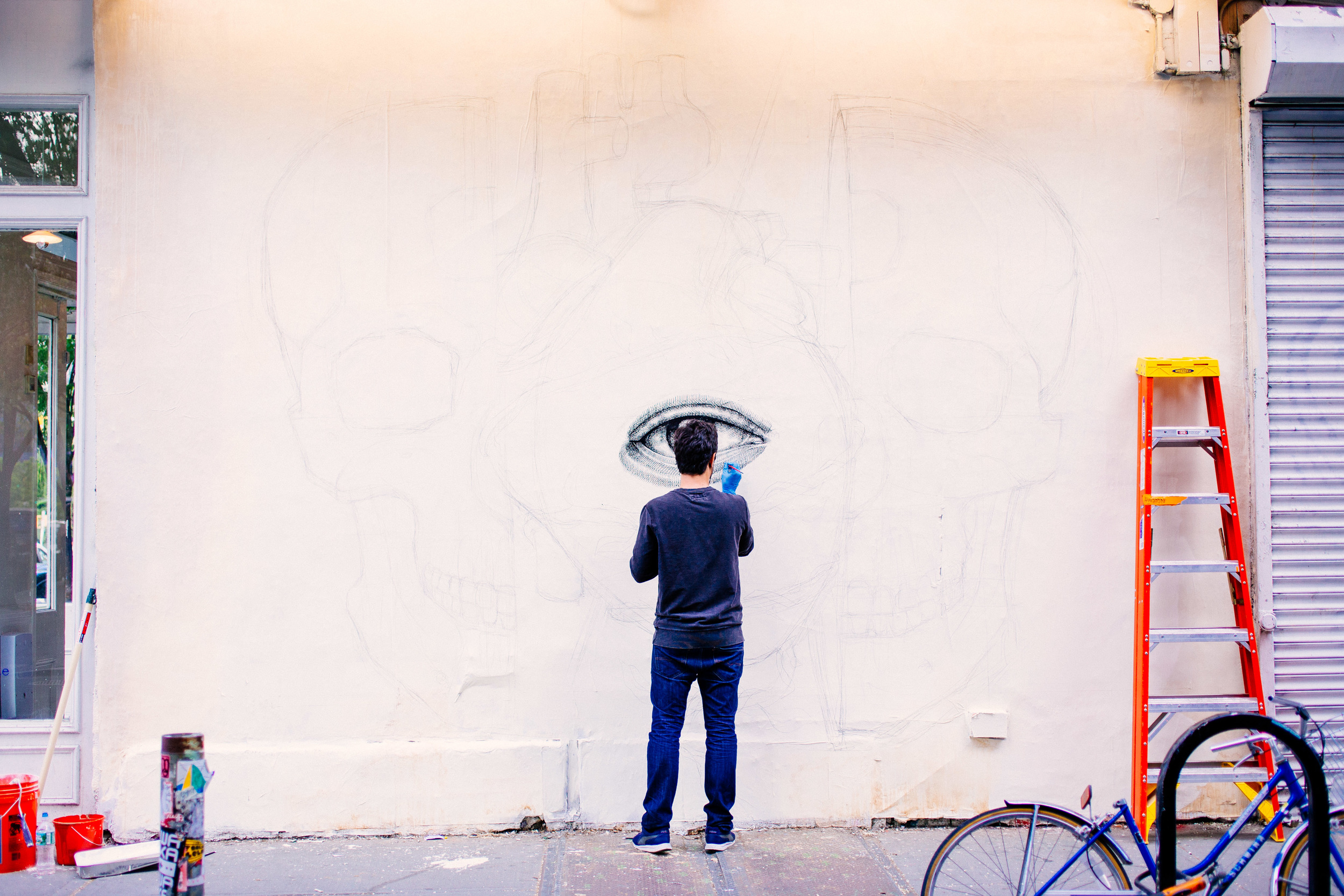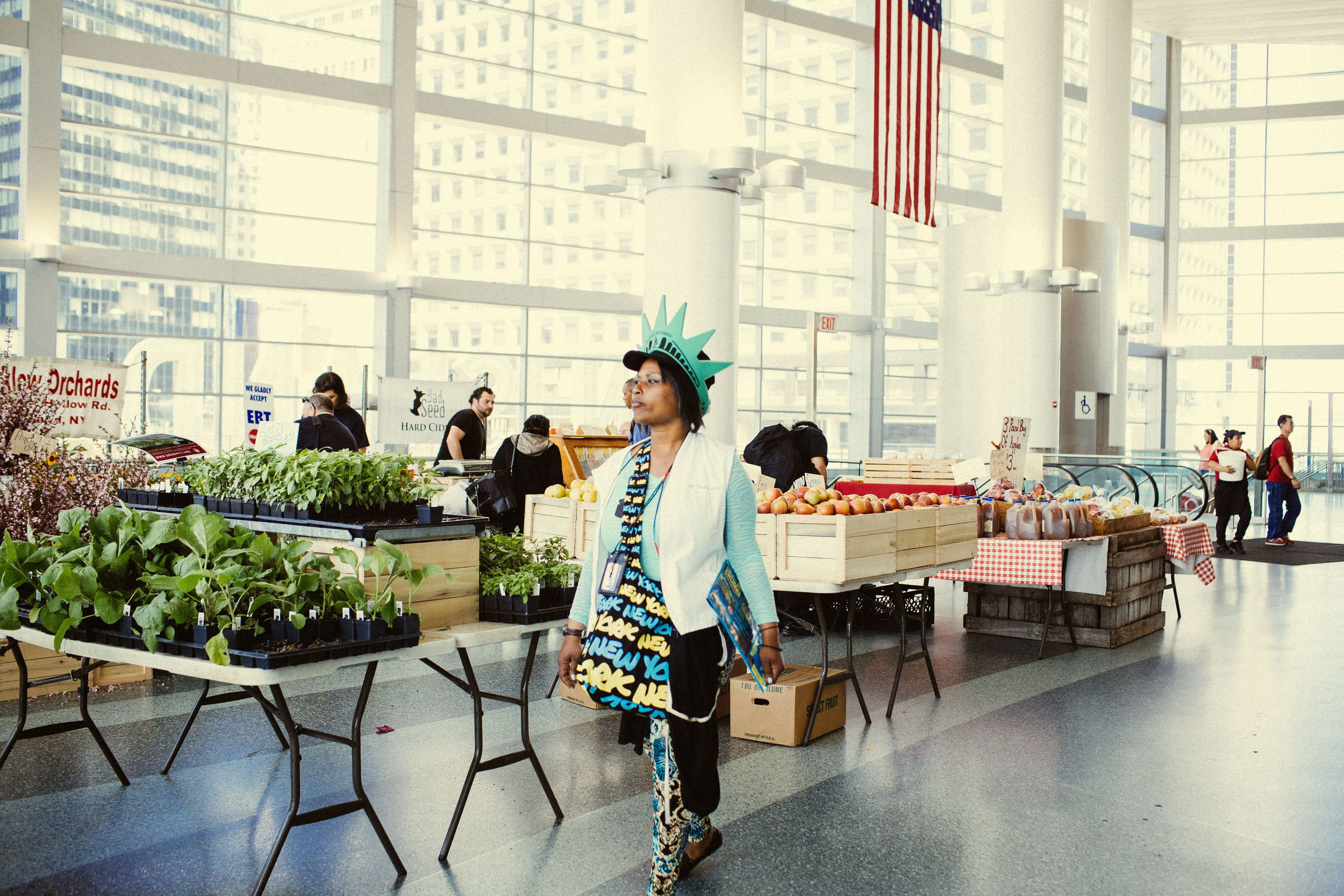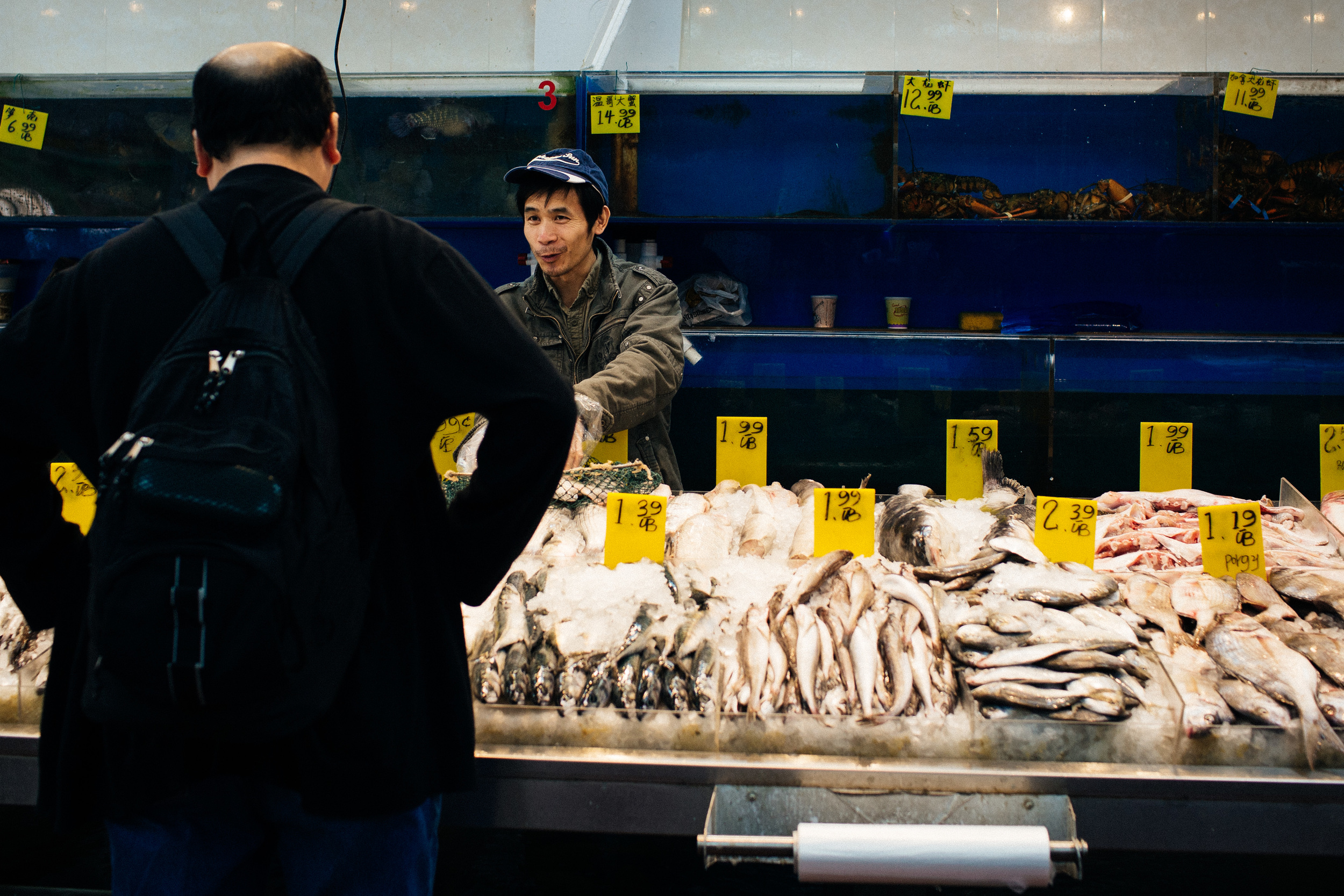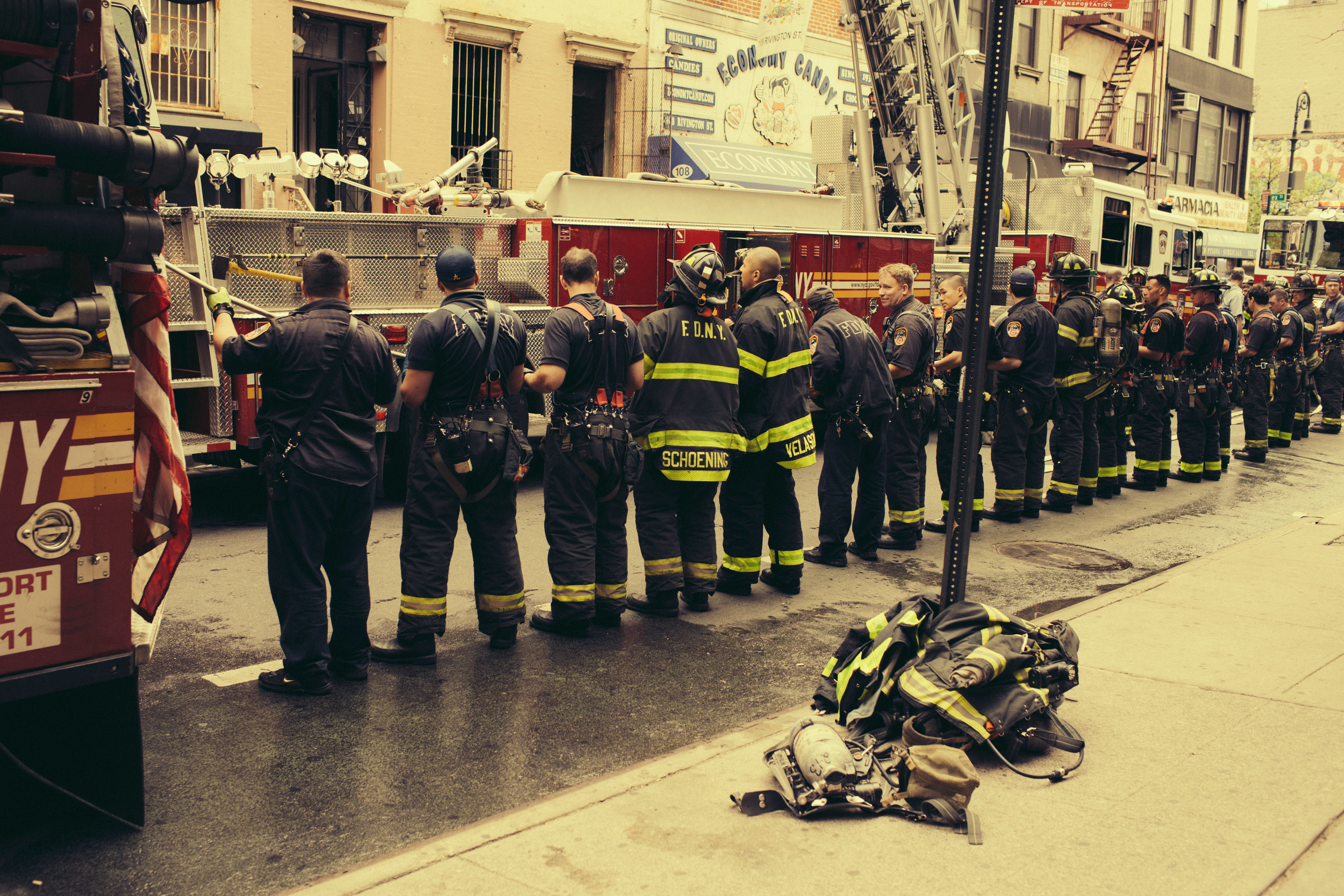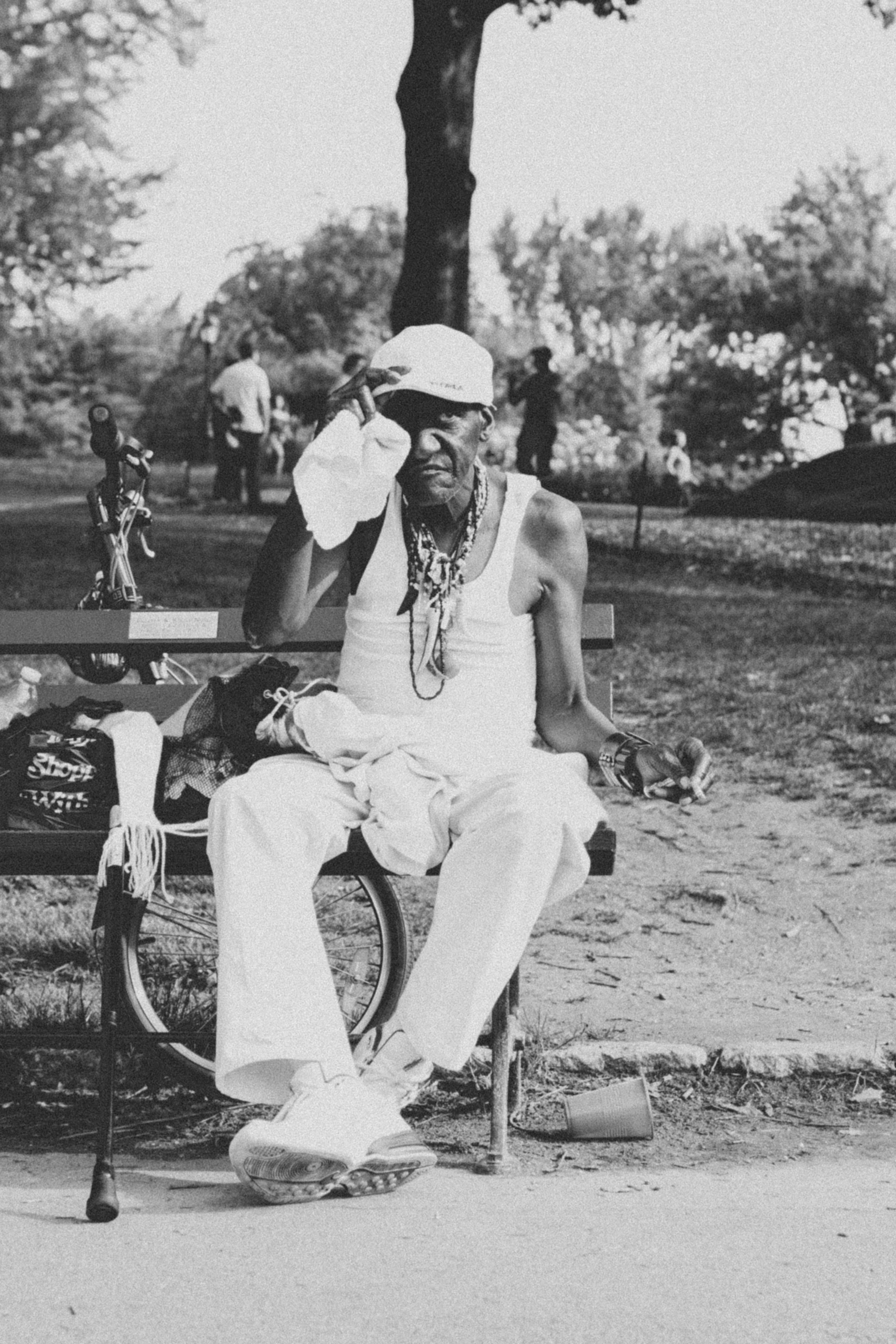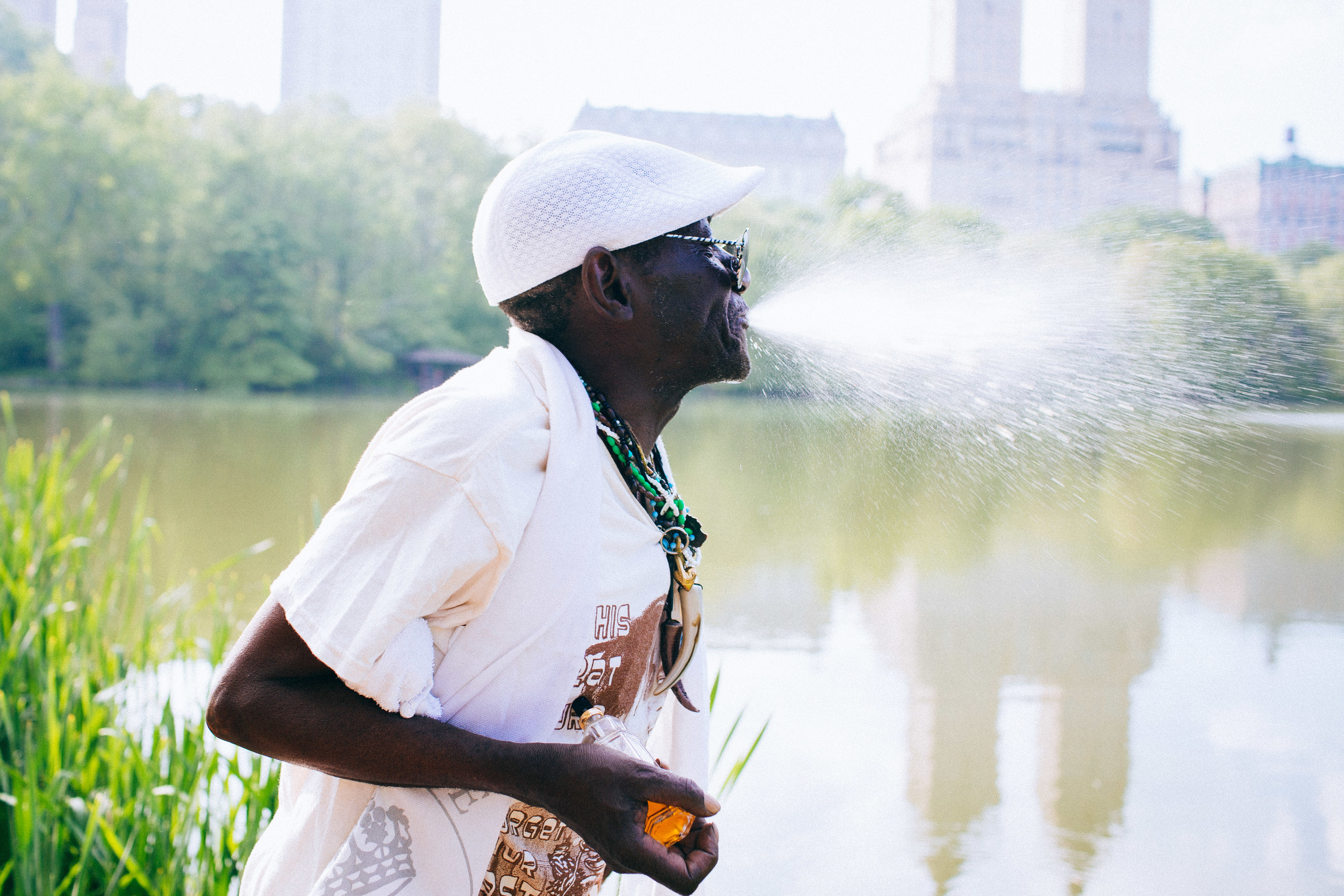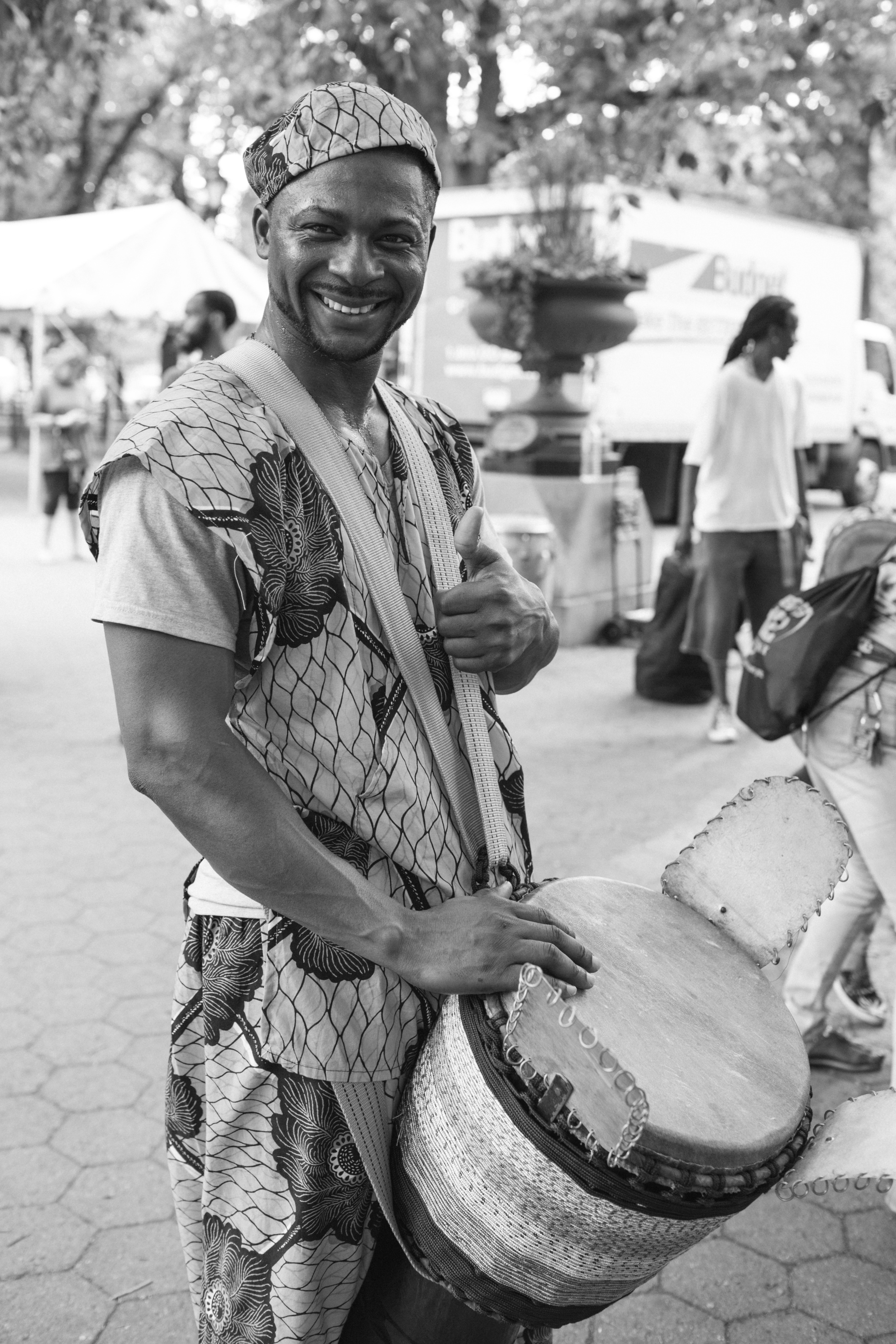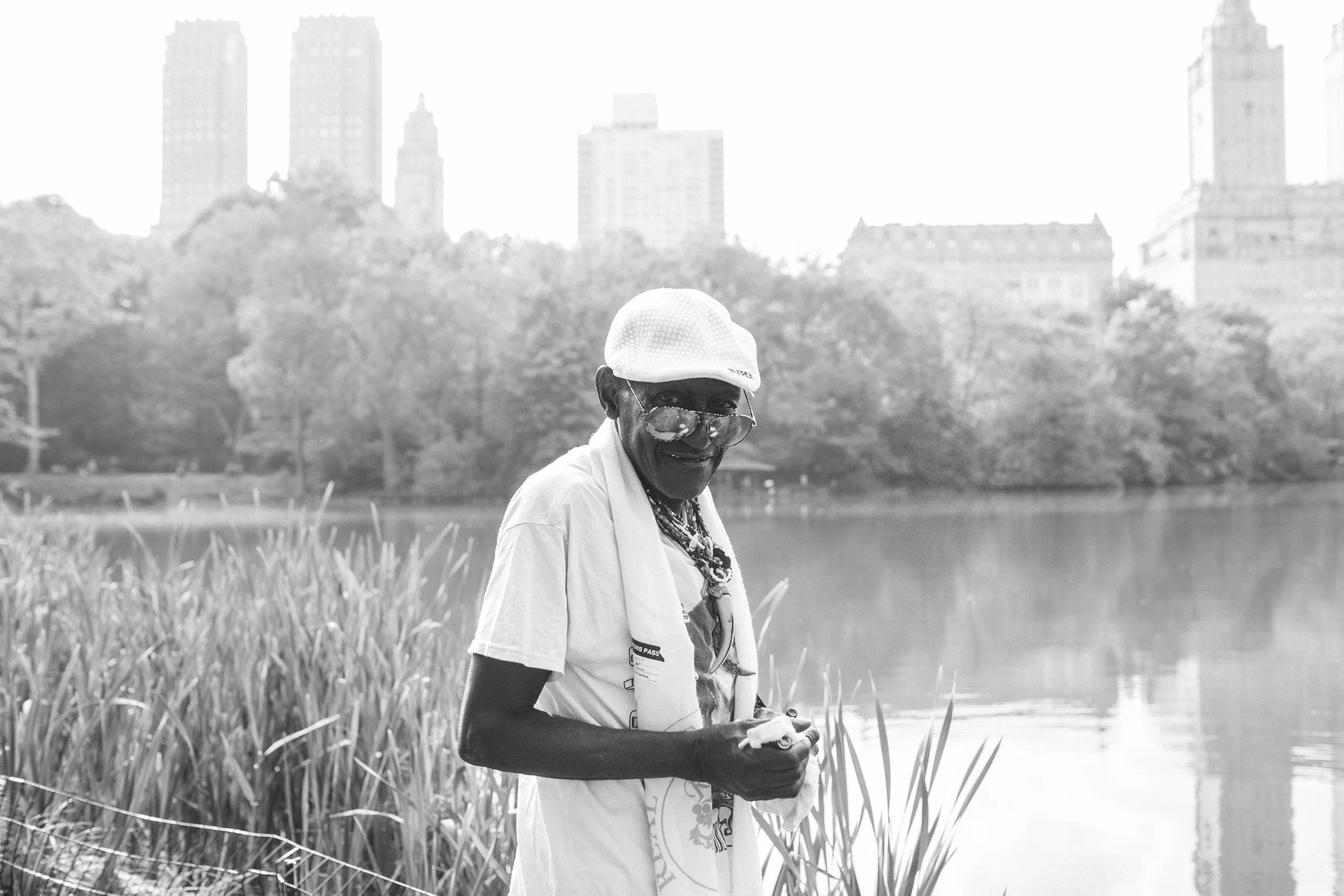**Today marks a year since this post was initially published -- May 19, 2015. To celebrate, I've edited and updated some of the writing and content to reflect my additional experience living in New York City.
"New York is like a devilish mistress," the woman at some obscure New York bar told me in her drunken British accent, "sometimes you can't get enough and sometimes you can't stand her."
I first arrived to New York a year ago with four years of built-up illusions of grandeur, intending on using my first month to plant my feet in this city. For years, New York was my fantasy of a place that would unleash my creative tempers of fabulous food, limitless opportunity, and buzzing energy. I hoped, as many other New York-bound folks do, that the energy of New York would unveil to me my next path in personal and professional development.
Reflecting on the entire experience of adjusting to this new home, New York has been a struggle between the things I value and the things I must accept. (Like the trash piled on the street waist-high infecting your nostrils with an industrial stench, or the habitual honking of angry drivers.) Far more unsettling is the way New York seems to mirror back to me all my deepest insecurities, frustrations, and inner demons. This city seems to test the best and worst of all of us who make it our home, and one must choose how to survive it.
There is nothing that feels familiar here. No comforts of home, no reminders of the mountains that embrace Seattle. I imagine, as I look out over this city, the experience of the millions of immigrants who have arrived at the shores of New York. Picture the Lower East Side of Manhattan in 1863--in the most densely populated neighborhood in the world at the time--and home to 2,223 immigrants, mostly Russian Jews, in just a 2-acre space. Mixed in with peddlers and pushcarts were the tenement buildings in which they lived, 5 stories high, 20 families per building, 4 outhouses, and no indoor plumbing or electricity. It is in these confined, almost inhumane spaces, that people recreated the comforts of home. Tradesmen like the krauthobbler, i.e. "cabbage-shaver," thrived by going door-to-door slicing cabbage for German immigrants to be used for homemade sauerkraut. Italian women scoured vacant lots for wild dandelions to be used in salads. These food adaptations not only brought immigrants some sort of relief in this stark city, but also evolved the New York food scene into the multi-cultural mecca it's known for today. Throughout the Lower East Side, you still see remnants of this cultural influx, through places like Katz Delicatessen (established in 1888), Russ and Daughters (which turned 101 years old a few weeks ago), and Essex St Market, which has been selling goods for 75 years now. (Just as a side note, it blows my mind how old so many establishments are here in New York--some older even than my home city of Seattle).
Despite my feeling cramped and overwhelmed in this large city, I've found comfort in exploring its food. What I love most about the food scene here isn't the freshness, the ambiance, or even the taste. In many regards, I actually find Seattle to be far more fresh and direct from local farms than New York places claim to be (for better prices too). Rather, I see how food in New York has been, and continues to be, a means to survive. Its community thrives off of the shared experience of food. The sidewalks are filled with restaurant-goers meeting their with friends, in part, to just get out of their stuffy apartments. And then there are the 170,000 workers who work in the 13,000 restaurants of New York City who rely on the restaurant industry for a living. That includes all the chefs, food writers, and servers whom which food is their media (including yours truly). Food is not just a comfort or luxury here, it is a necessary vessel through which people find community, escape, and inspiration.
Everyone I talk to here believes they know where the best _______ is. Whether it's a hero sandwich, a bagel, a donut, or slice of pizza, I get a wide variety of answers for each and for different reasons. ("The cake donut is good there, but the jelly filling at Peter Pan's is to die for.") In this city of plenty, restaurants and shops survive off of being really good at one thing, which people continue to come back for. I love asking people where the best [food item] is so that I can watch the passionate debate take off among anyone within earshot. My favorite memory was one I experienced in my first month here. As I was walking through the East Village, I stumbled upon an idyllic New York scene--a man dressed in a fine white linen suit sitting backwards on a chair talking with his friend wearing a newspaper cap outside an old Albanian butcher shop dated over 40 years old (the butcher Momo inside, still actively running the shop, despite approaching 92 years old). I approached the duo, asking to take their picture, and the man in the white suit said, "Sure, and then I'll tell you who I am." The man was named Vinny Vella Sr., and he's best known for his roles in The Sopranos, Coffee & Cigarettes, Analyze This, and more. His voice had a thick New York accent, and he liked to wink in all his photos. I asked for an Italian restaurant suggestion and he offered La Mela in Little Italy. His friend recommended a different place. They went back and forth, interjected with a -- "yeah but have you been here?" Even if the place is mutually agreed upon, what to order is then up for debate. The only thing mutual conclusion they made was that I should come back to Momo's shop -- the one they were sitting outside of -- during his business hours so I could see the long-time butcher in action. I thanked them for their many suggestions, and went on my way. I've learned that in these situations, it's best to just write down all the suggestions made and decide where to go based on location, in case a craving arises. I've been slowly working my way through that list to determine which one is my favorite.
Throughout my introductory days in New York, I found myself asking, "What am I supposed to get out of this?" The first move to New York was painful and confusing. Jobs don't pay as much as you think (or hope) they will, and everything costs much more than you expect. (The minimum wage in Seattle at $15 is much higher than the $7.50 minimum wage in New York, where the cost of living is 3 times higher). I had days when I felt inspired to seize the opportunities this city is overflowing with. Those were easy. The hard days came when I doubted what my purpose was here, what my passion really was, and why I was making all these sacrifices just to be here. I've seen many of my initial illusions of New York turn to delusions. I've pondered what it is about this city that 20 million people are willing to struggle through and what it's all for.
Here's my theory. Maybe the value of New York isn't what it gives you, but what it ignites in you. For me, that's cooking. I worked four different jobs in four months here before I found the right fit -- as a personal chef now in the city. That doesn't count all the months I tucked back into the city over the past year to try to build relationships, do various side jobs here and there, following leads that seemed like they would become a steady job, just to watch as they quietly evaporated before they could even really take off. Rather than look for inspiration, or wait for it to envelop me, I've come to realize that the way to survive this vortex is to let its every twists and turns, angers and joy, swell up in you until there is no option but to let it out in some expressive form. These emotional waves this city brings--the blunders and the celebrations--forced me to specify and figure out exactly what I want to do (cook) and why I'm here (to learn). Simplifying and specifying my purpose for being here got me through all the times I almost couldn't pay rent, the times I've spent cooped up in my apartment out of fear that stepping outside would cost money, or when correspondence with the job I hoped for suddenly just stopped for no apparent reason. I changed my measure of success from what I would become here, to what I was learning here.
The beauty and diversity and sheer amount of ideas and objects and art that is released from this city is incredible. It's through getting sucked into New York and all of its culture, swirled around in its frantic creative energy of jazz clubs in the West Village, Greek food in Astoria, and Afro-diaspora cuisine in Harlem, that gives me a sense of place and purpose. It is in the same way that my own ancestors found a sense of place, home, and cultural identity when they arrived by way of Ellis Island. With knife and fork in hand, I take on the struggle of this city with purpose, determination, and pride.
